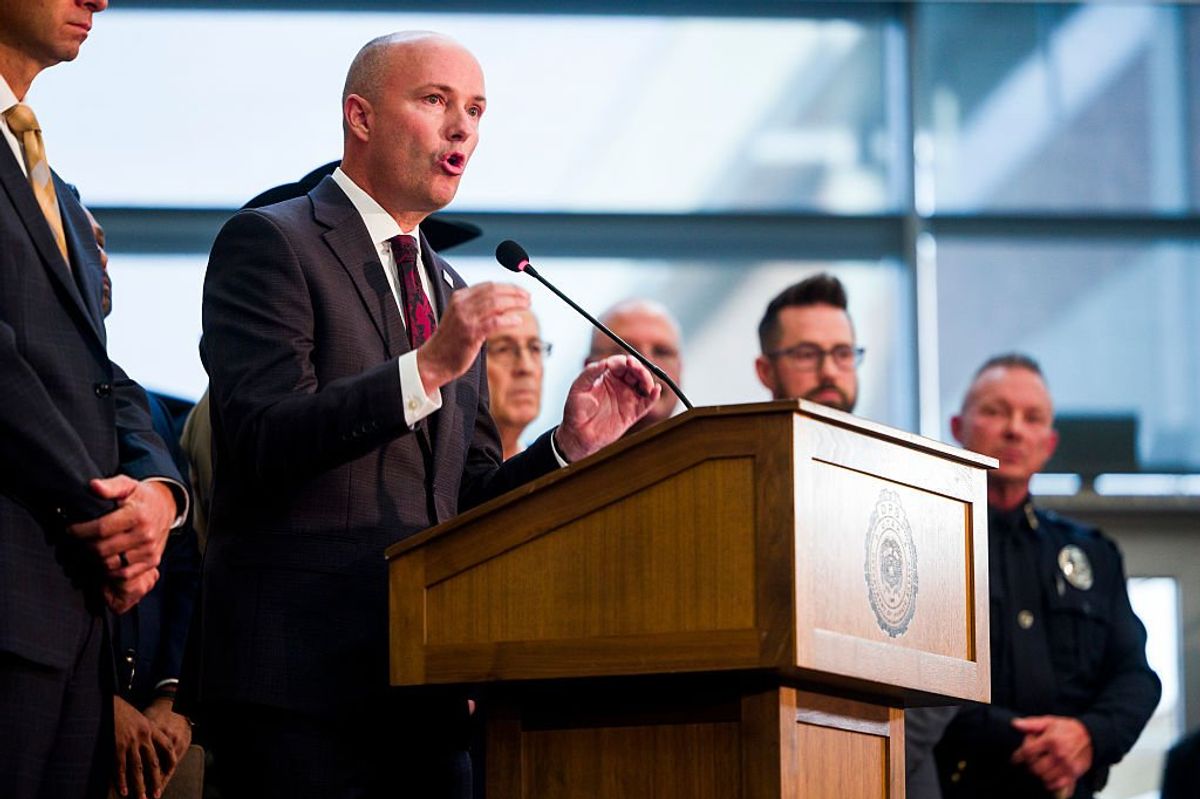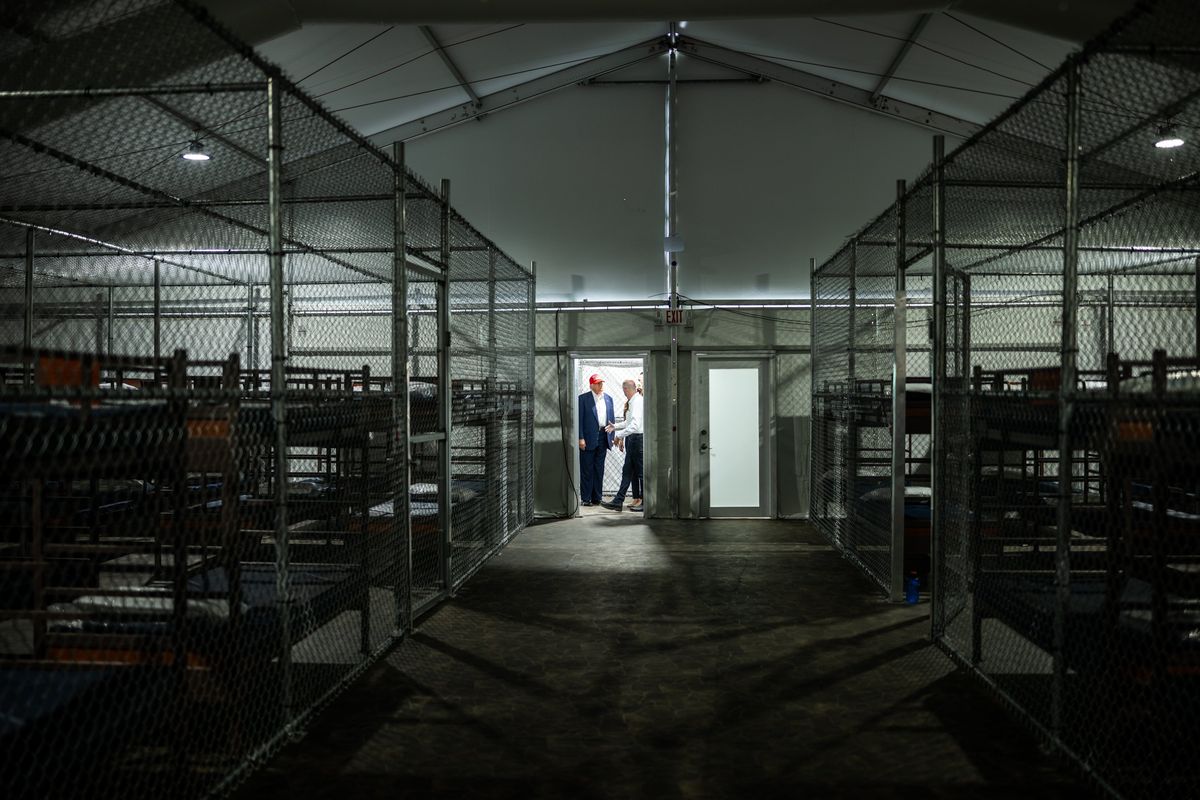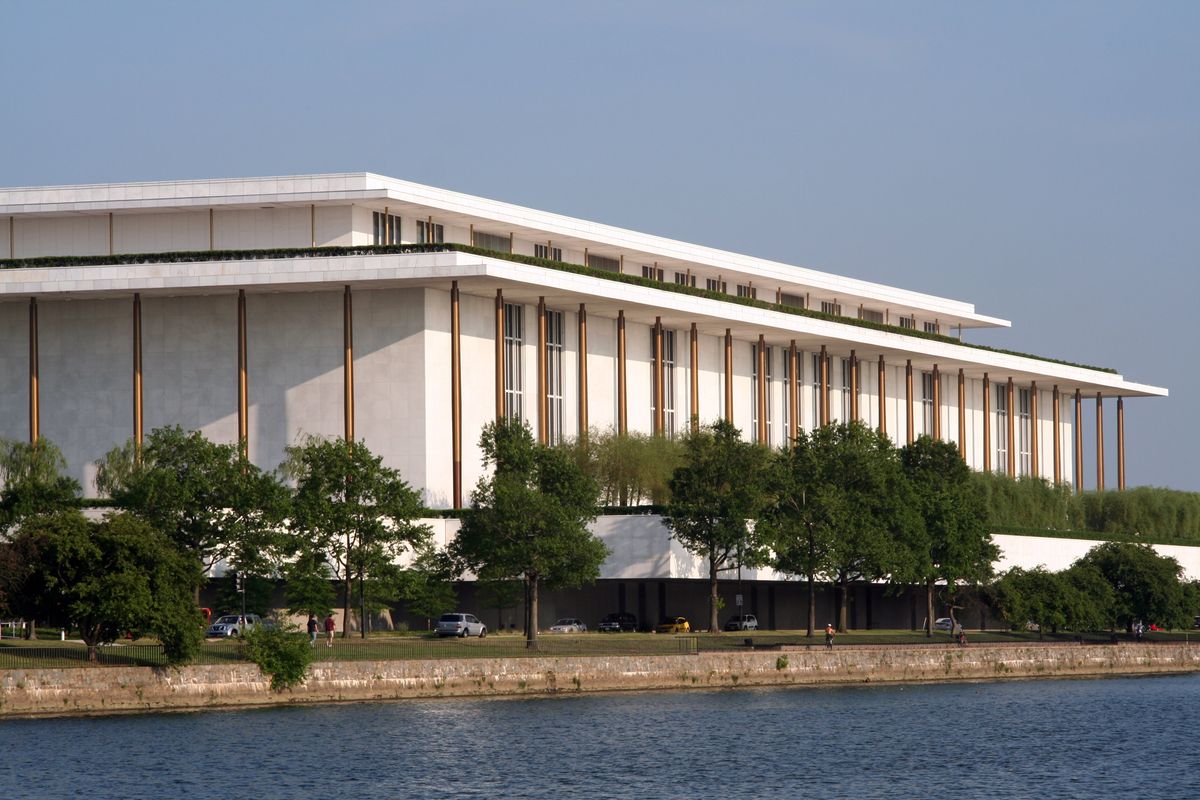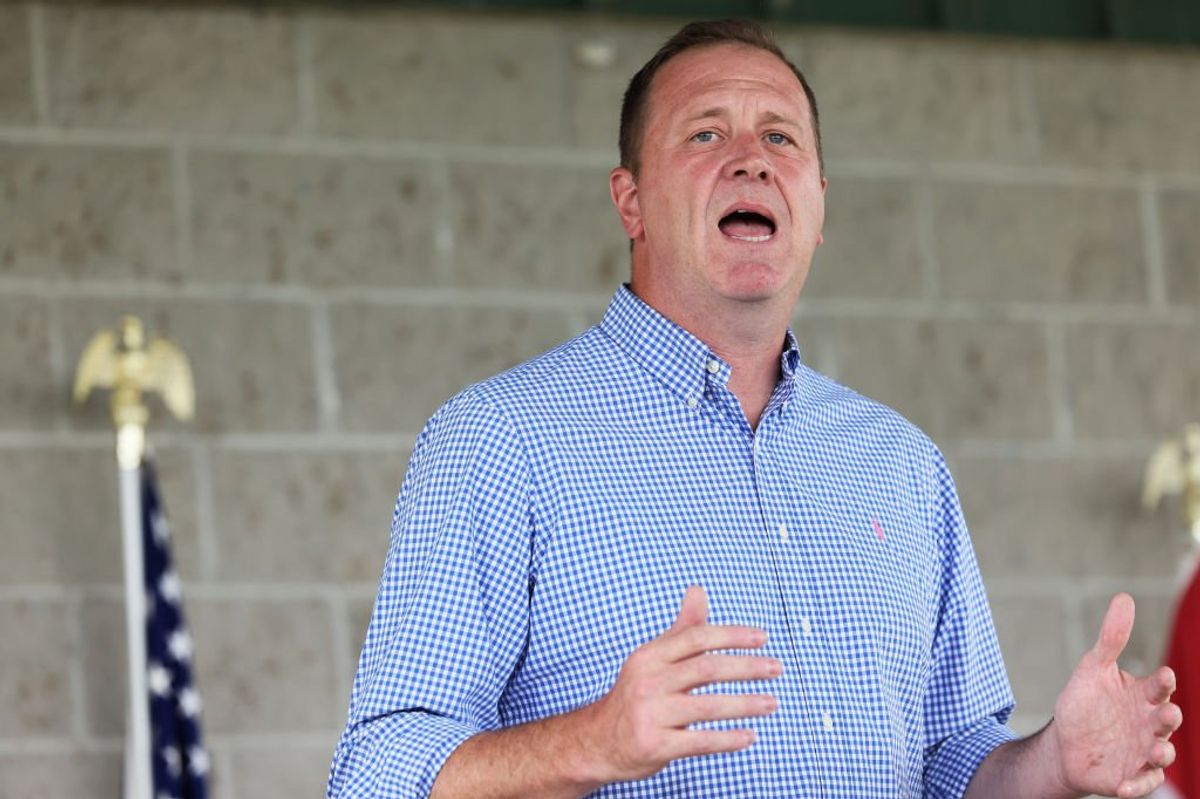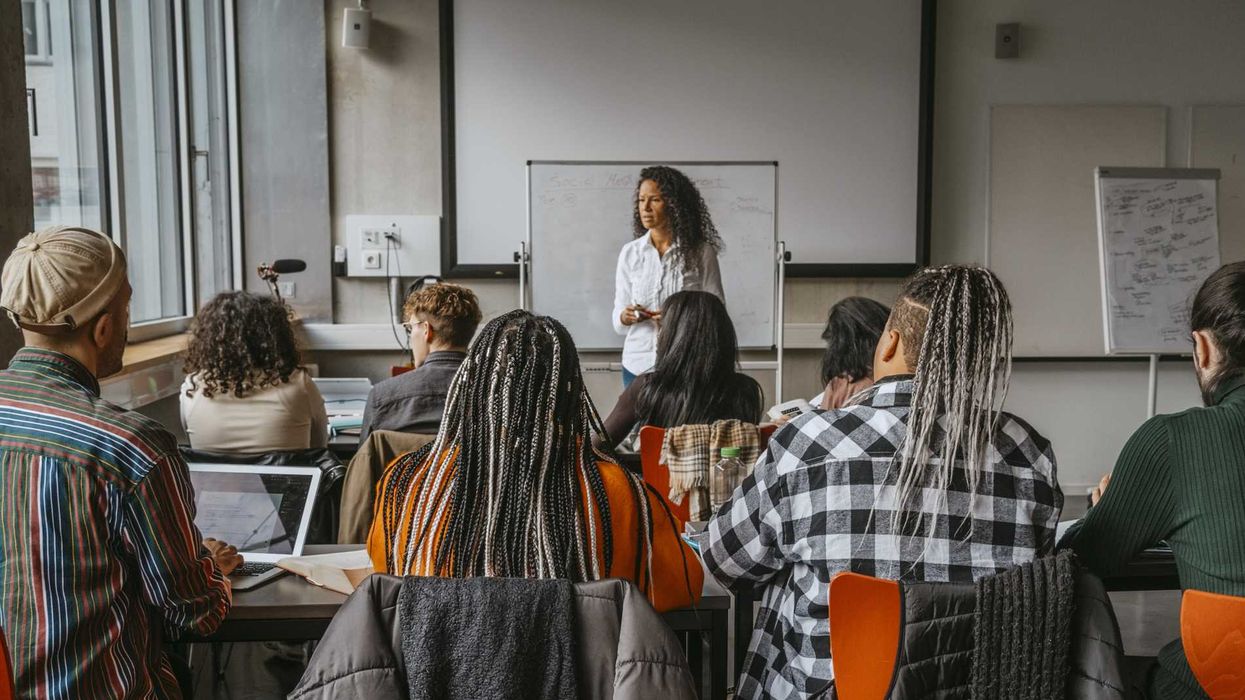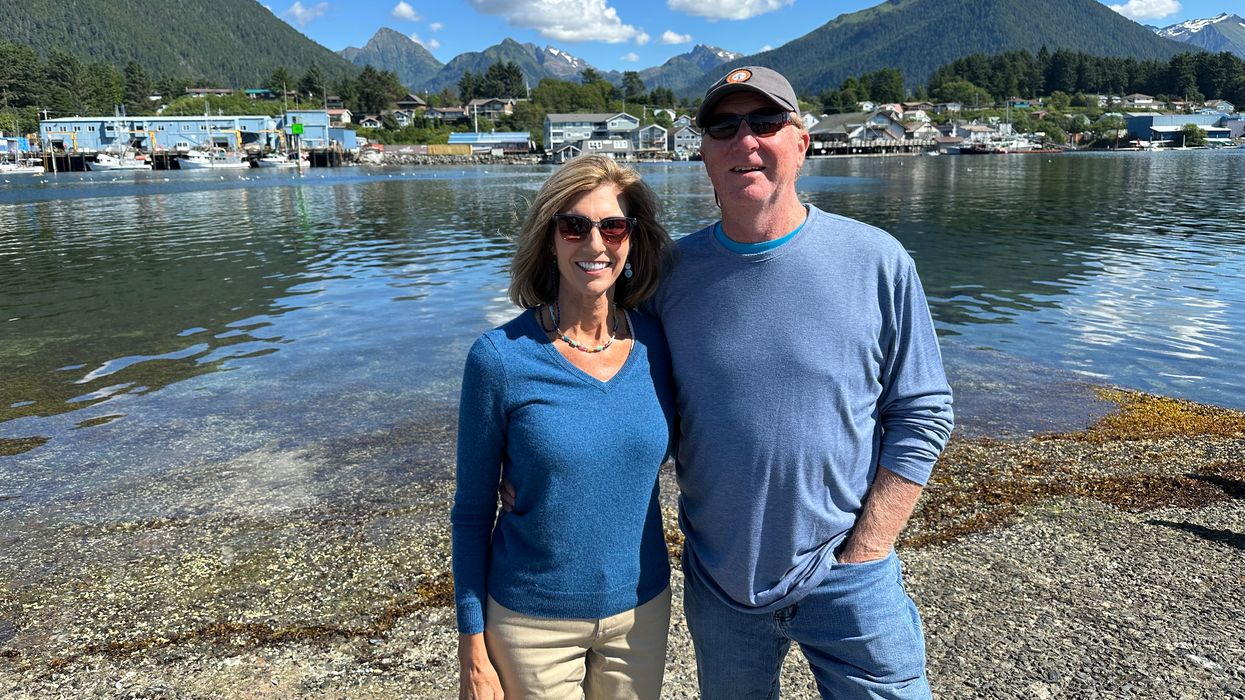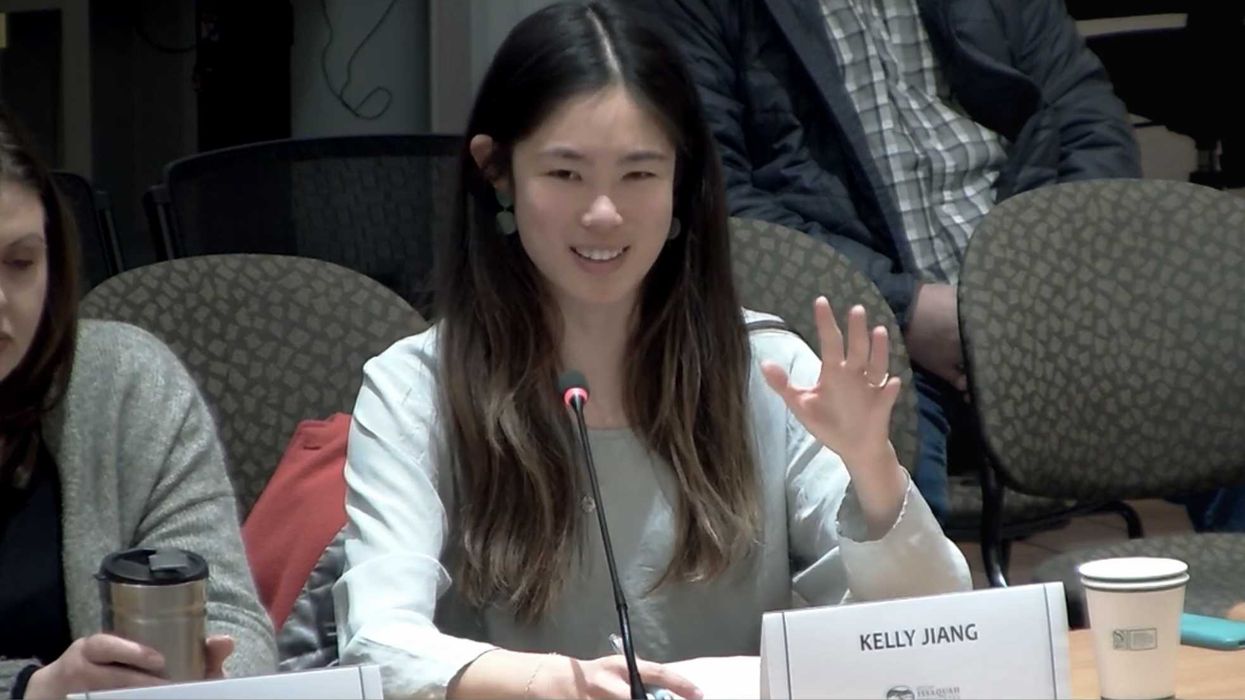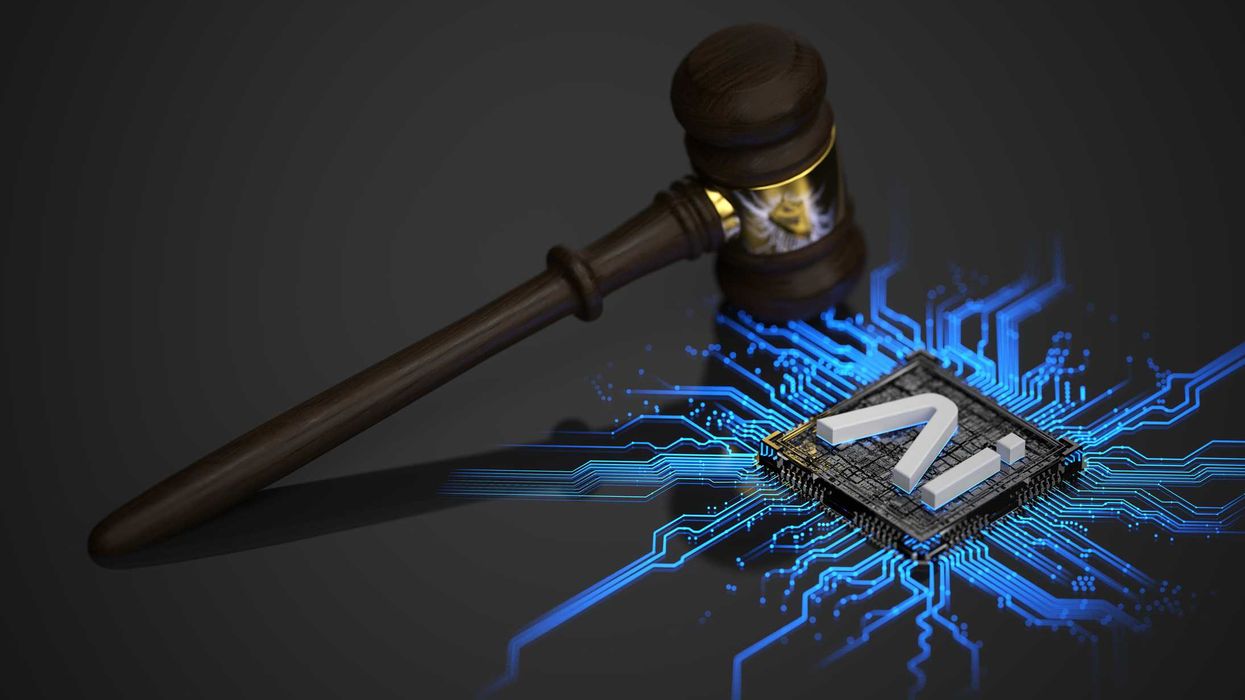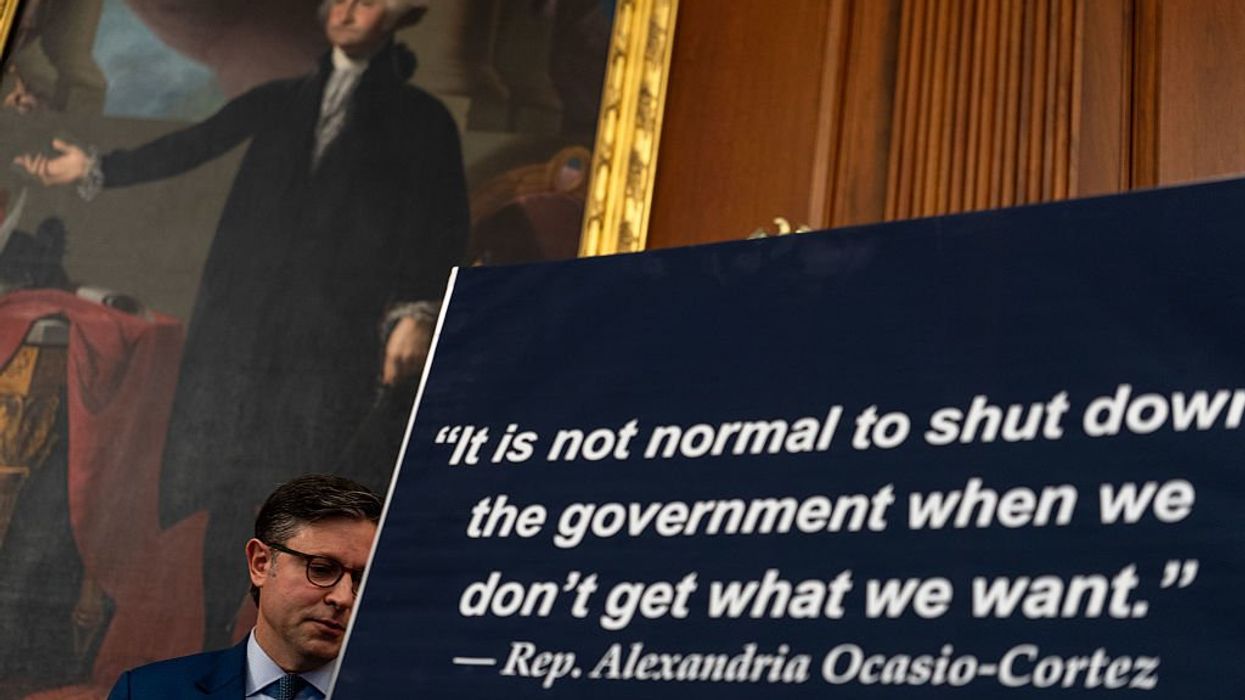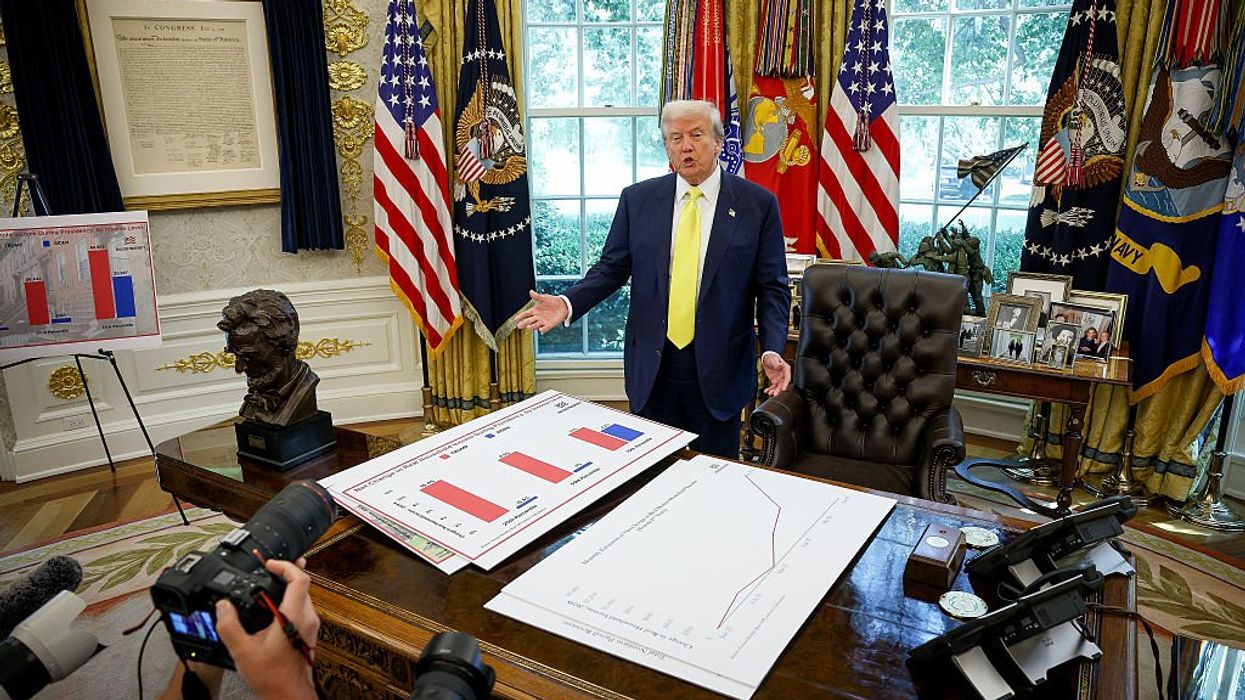Masters is a philanthropic consultant and nonprofit strategist.
Philanthropy is increasingly called upon to do more to fight deepening polarization in the United States, shore up the nation’s backsliding democracy, and bring people together across ideological and political divides. But to be effective in that role, grant makers need to acknowledge their own part in perpetuating the toxic polarization they seek to address.
American philanthropy is operating in a rapidly changing and unstable environment. Foundations often find themselves on both sides of contentious issues, mirroring the larger fracturing of our society. Dehumanization of so-called opponents, hardening of partisan identities, lack of trust, and erosion of norms have made it objectively more difficult to function, let alone make progress on important societal issues.
This is clearly a big problem in politics. But people who work in philanthropy and at the nonprofits they support are not immune to toxic polarization dynamics and what author and journalist Amanda Ripley calls “ high conflict ”— when disagreement becomes dehumanizing and corrosive rather than constructive and clarifying.
In fact, nonprofit professionals may be especially prone to these dynamics because they care deeply about making an impact on the world and may hold strong, moralistic views about how to achieve that impact. Framing outcomes as win or lose, undervaluing relationships, and prioritizing short-term wins over long-term outcomes are all common behaviors that can contribute to toxic polarization and exacerbate division.
There is no shortage of advice in 2022 about what philanthropy should and should not fund. But few people are talking about how to fund in a way that helps the United States — regardless of what is getting funded. That process must start with a deep and honest look inward.
I know from experience that this isn’t easy. I spent nearly a decade working as a grant maker focused on one of the most contentious issues in the United States — immigration. I had a single-minded focus on achieving wins for immigrants who faced real suffering and adversity. I felt pressure to identify and fund strategies that could lead to tangible results, such as new policies or sweeping legislation that would improve their lives. I wanted those wins badly, and so did my grantees.
In retrospect, I think my sense of urgency about winning made it more difficult to process dissonant information that didn’t align with my strategy or the way I was thinking about the problem and its solution. Frankly, it made it harder for me to anticipate how the immigration debate would soon become a potent proxy for dueling visions of America that would turbocharge xenophobia.
For example, I didn’t worry enough about the potential for backlash. I was aware that nativist sentiment was on the rise, and I funded grantees that tracked that rise. But I didn’t seek out enough evidence about the unintended negative effects immigration battles could have on a large portion of the public who might have reasonable or principled questions or concerns about demographic changes fueled by immigration.
Oversimplifying Issues
I didn’t think enough about cultural issues and how they affected people’s sense of self and identity, and how those feelings could be manipulated and weaponized. It was easy for this to happen because I didn’t intentionally look for opposing voices or try to understand what was animating them. Rather, I tended to group all those voices together, oversimplify even though there was nuance worth capturing, and dismiss them as fringe views.
All of this meant I didn’t question until much later how narratives that portrayed immigrants as worthy or deserving victims who helped power the nation’s economy might backfire and fuel feelings of resentment in some Americans. And because I often collaborated with like-minded grant makers, it was natural to absorb what felt like the prevailing wisdom about strategy and priorities and to choose grantees vetted by people I trusted.
With the advantage of hindsight, I now see that I would have benefitted from challenging these assumptions and asking tough questions about our approach and that of our grantees. Were we perpetuating polarization around the issue and, in the process, making our own path to success harder? Were we diversifying our approach and investments enough? Were we comfortable with the means our grantees were using to achieve their ends?
Grant-making processes and the mindsets that undergird them should facilitate the pursuit of societal transformation in a way that strengthens our democratic foundation and fosters greater social cohesion, rather than potentially amplifying our divisions in unhealthy ways. This ensures that when we do have wins, they will be more resilient and durable.
Over time, these approaches should ideally lead to personal transformation, providing a greater capacity to critically examine assumptions and biases about who is on the other side of an issue and what motivates them — and to forge creative, pragmatic solutions to perniciously divisive problems.
Making this shift requires a clear and intentional strategy. For example, Philanthropy for Active Civic Engagement is designing a tool to help grant makers assess the impact of how they fund alongside questions about what they fund and why. It will be released this summer in conjunction with a multiorganization campaign to encourage funding strategies that advance social cohesion. In the meantime, philanthropic leaders and staff, along with their grantees, should consider the following steps:
Make the health of our democracy a precondition for progress on any issue. As Stephen Heintz, president of the Rockefeller Brothers Fund, has written in these pages: “A functioning democracy is not a panacea for the myriad challenges that foundations seek to address, but a broken democracy makes other broken systems and institutions much harder to fix.” A slide into illiberal democracy or autocracy will make solving our many existing problems much more difficult, if not impossible, and it will escalate others, such as violence and disenfranchisement.
Consider the larger impact and potential collateral damage of well-intentioned but narrow efforts that focus on winning by any means necessary. This will require assessing whether short-term wins might run counter to long-term mission and vision, and when tactical gains in one issue area may cause setbacks in others — and may even weaken democracy. Consider how what you fund and the way you engage may either strengthen or weaken civil society and our social fabric, even if you feel you are in the right.
Leave the echo chamber, build new relationships with unlikely allies, and make space for grantees to do so as well. The work of building an inclusive democracy requires collaboration, which requires trust and respect, especially among groups with divergent thinking. Finding unlikely allies can make your strategy stronger and demonstrate how to build powerful movements that reflect different points of view. These relationships can also help protect and support those who believe that openness to different perspectives is important to achieving progress on a range of issues and who may be challenging inflexible norms or behaviors within their own groups.
Look honestly at underlying biases. Making assumptions about people’s complex identities and oversimplifying problems is antithetical to what is required to tackle most societal challenges, and it drives dangerous us vs. them dynamics. The group More in Common has documented how perception gaps about those across the aisle magnify and distort differences and fuel assumptions that America is more divided than it actually is.
Adapting these processes will take time and will often be uncomfortable. But it’s essential for those who work in philanthropy, regardless of where one stands on the ideological spectrum, to resist toxic polarization and ideological rigidity. Certainly, more investments are needed to fight polarization. But success isn’t possible unless philanthropy also transforms its own practices.
The article was first published in The Chronicle of Philanthropy. Click here to read the original version.
